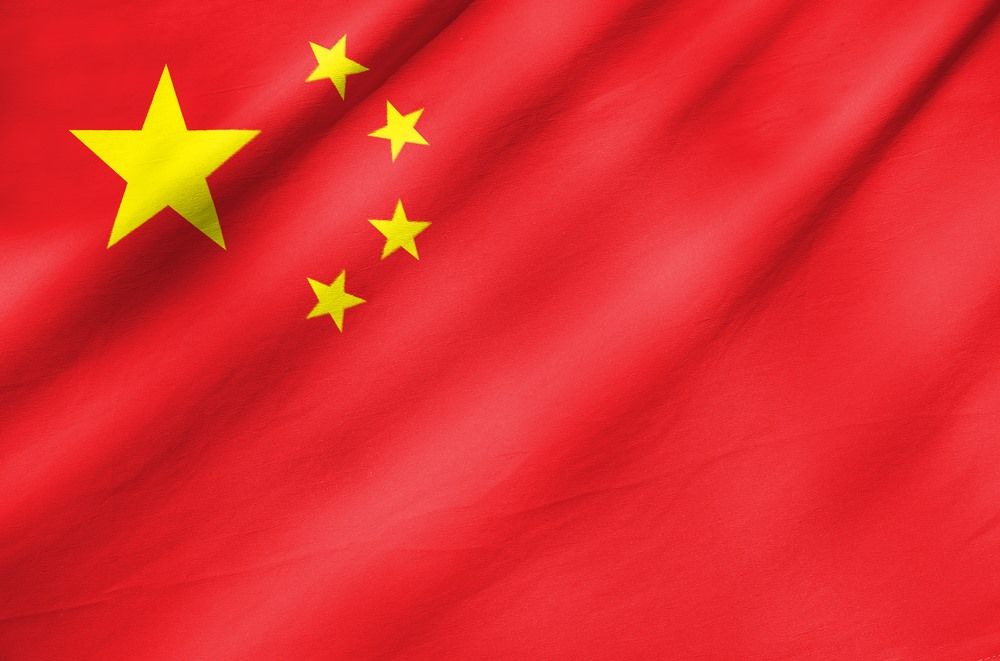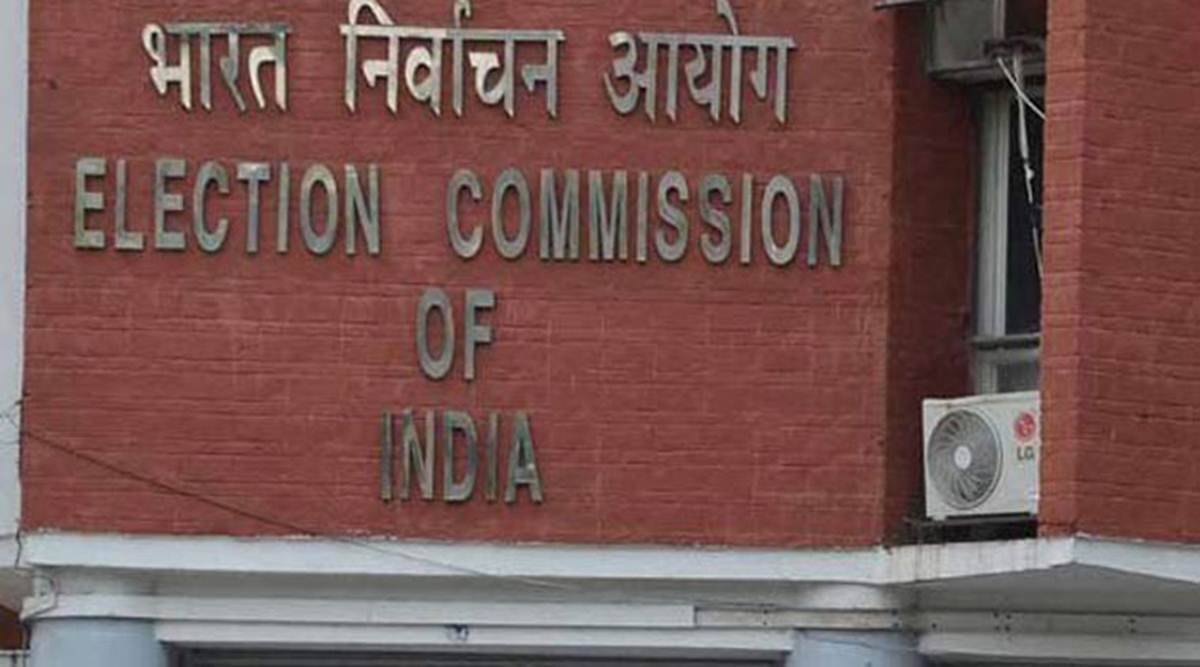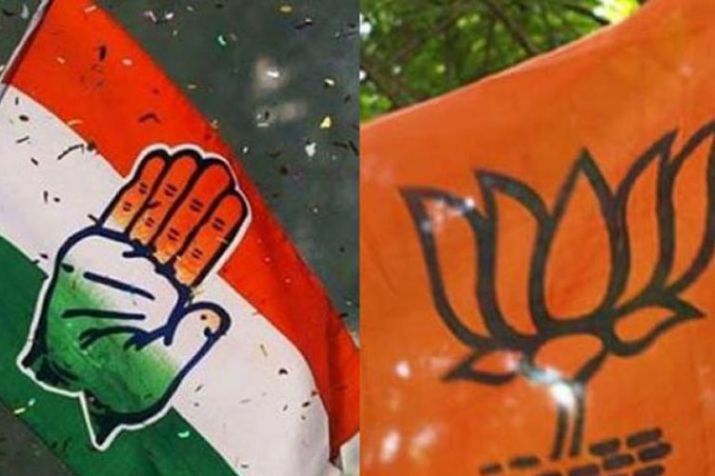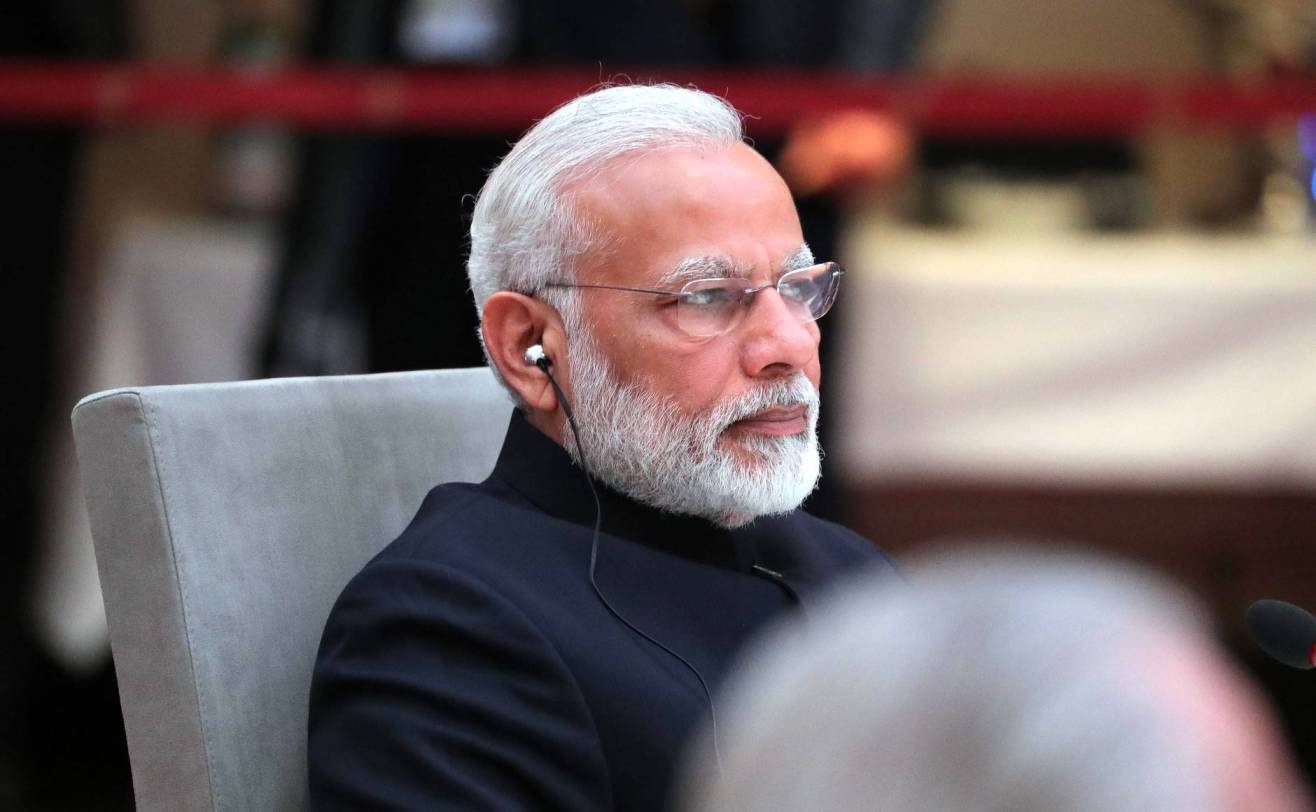An Insight From The Opium war
The entire world is witnessing a COVID-19 pandemic due to the novel coronavirus the roots of which are believed to belong to Chinese soil and therefore there are people who prefer to call the novel coronavirus as Chinese virus. Looking into the conduct of the Chinese government it is quite clear that in the 21st century the Chinese have been involved in various kinds of treacherous activities be it an Anti-Satellite Test of 2007, aggressive outer space man oeuvres and stances, One Belt One Road Initiative (OBOR, announced in 2013) or Chinese Debt Trap diplomacy. China is a big civilization like India and both countries went through tough times of crisis due to foreign invasions.
Present-day China although appears to have a strong economy, it is still very much different from what it used to be. The ascent of China is considered a serious threat because of its notorious activities, “Salami Slicing” tactics (strategies involving the divide and conquer process of threats and alliances to overcome opposition and acquire new territories) and expansionist policies. Thus, it becomes imperative to fathom the Chinese mindset.
The territorial claims of the People's Republic of China (hereafter PRC or China) have engaged the Chinese in persistent disputes with its neighbors and other countries. The aggressive policies of China aiming at the expansion of its territory have been a major part of Chinese policy and upon examining the early modern history of China we find that several events in the past have been responsible for shaping the national mindset. Historically, China has been the center of global political power, having great influence in present-day Asia, as a result, the Sino centric perception in history has been of Cultural, Religious, Social and Political dominance. The olden days Chinese considered them to be the ‘Centre of Universe’ surrounded by foreign countries and communities whereas the foreign countries were regarded as “inferior” as well as “barbarian”, especially “culturally barbarian”. Chinese, during those times, considered Chinese Confucianism as something that was a much superior ideology than any other system. However, the changing paradigms in early modern history posed new challenges for China which the Chinese refused to accept and this led to humiliation and misery for the Chinese.
"The olden days Chinese considered them to be the ‘Centre of Universe’ surrounded by foreign countries and communities whereas the foreign countries were regarded as “inferior” as well as“barbarian”, especially “culturally barbarian”. Chinese, during those times, considered the Chinese Confucianism as something that was much more superior ideology than any other system"
What gives China a sense of being China? What gives the Chinese the sense of what it is to be Chinese? China, unlike the western state, is shaped by its sense of Civilization. China is a Civilization state rather than a Nation-state and its history of years of conquest, occupation, absorption, and assimilation has nurtured the Civilization state of China. China is a new kind of paradigm.
Going back to the 18th century, Chinese goods were in great demand in the West. As a result, the demand for products like Chinese tea, silk and porcelain grew in London. Chinese however needed little the West could provide. The Chinese Qing government mandated that goods can only be traded for Silver and this resulted in a drain of wealth for the British in the form of Silver. The British became fearful of too much precious coin leaving the country and in order to rectify the trade deficit with China, the British introduced Opium to Chinese consumers in exchange for Silver, the strategy worked for London and Opium gave the western powers a chance to enter into the Chinese market which has long been impenetrable.
The Chinese allowed the British to open a trading station at Canton in 1737 after its arrival on Chinese land in 1637. The British through the East India Company (EIC) established a trading scheme; partially legal and partially illegal for smuggling Opium into China. They opened a triangular trade of Opium-smuggling Opium from British India into China. The British marketed Opium aggressively after they took control of the main producing areas in British India. The British exports of Opium to China grew manifold and its trade deficit with China turned into a trade surplus. The Chinese started accepting Opium in lieu of precious coins. Americans also entered the Opium trade. The British, the Americans, the Portuguese and other European nations took to the Opium trade with China because of their chronic imbalance with China. Despite several decrees by the Chinese government the smuggling of processed (at Benares & Patna) Opium in China by EIC continued. Though the Chinese imposed a ban on Opium imports, opium exports from India grew from 77 metric tons (by 1775 AD) to 300 metric tons (by 1800 AD) and to 2500 metric tons (in 1839 AD). The Chinese delegation to the International Opium Commission of Shanghai (in 1909 AD) reported a peak of 350000 metric tons of domestic production of Opium in 1906. The enormous production of 35000 metric tons in 1906 can be understood by comparing it with Afghanistan which produces almost 95% of Opium today. In 2007, it produced 9000 metric tons of Opium. The Chinese reserves have declined, the number of Opium addicts in the country increased and too many people were loafing around leading to declining in the Industrial output. Opium trade has long-term implications for the Chinese government and society. The Chinese emperor Daoguang imposed restrictions on the Opium trade, and the emperor’s step backfired, eventually, London became angry and responded by sending its Navy to China demanding compensation. The conflict started and that led to the First Opium War between China and the British.
"The British won the First Opium war which gave them more control over the Opium trade in China. The Chinese ports were opened for Opium trade and Hong Kong was given to Britain. The Chinese empire felt humiliated at the defeat by merely 44 British navy ships."
The British won the First Opium war which gave them more control over the Opium trade in China. The Chinese ports were opened for the Opium trade and Hong Kong was given to Britain. The Chinese empire felt humiliated at the defeat by merely 44 British navy ships. The other world powers sought this as an opportunity to exploit the situation and enter the Opium market of China. The Second Opium war waged by the British and French opened new ports for the British to trade Opium and ensured that the opium continues to generate wealth for the British Empire. It started when Chinese authorities seized a Chinese ship (for involvement in smuggling and piracy) bearing the British flag. The British, the American and the French gained access to several trading ports allowing them to expand through all of China. Chinese markets were flooded with Opium leading to a rise in British Indian exports. The Chinese were forced to legalize Christianity and Opium. Furthermore, in 1887 the Chinese ceded the port city of Macau to the Portuguese.
The ruling emperor of China felt embarrassed at the unfavorable terms of surrender. European powers have formed a regional coalition in Asia threatening Chinese historical superiority. The Chinese experienced a period of Social Unrest led by foreign encroachment and followed by the Yellow river flood of 1887. In 1894-95 the Qing dynasty lost the Korean peninsula and Taiwan to the Japanese. The Japanese force of 240000 troops defeated a strong Chinese army of 630000 troops. In 1899, the Qing dynasty empress Cixi along with Boxer Rebellions (a peasant uprising aimed at driving foreigners out of Chinese soil) declared war against the United Kingdom, Russia, France, Japan, Germany, Italy, Austria, Netherlands and the United States of America. The nine-nation coalition army defeated the Chinese imperial army and major cities were occupied and local people faced ruthless atrocities. The Russian-Japanese war of 1904-05 further weakened the Qing dynasty. The imperialist demand increased and the desire to see a unified China gave rise to revolutionary movements. The revolutionary groups intensified their activities in China. Qing dynasty witnessed frequent revolts demanding Constitutional Monarchy. In 1912 the Qing dynasty was overthrown in a revolution. China became a Democratic Republic. Sun Yat-Sen was declared the President of the new Republic. This was the first revolution for a complete change which China was to witness in 1949. Although the new government created the Republic of China it failed to create a unified China. The foreign countries remained neutral with the sole aim of protecting their interest gained through various treaties signed with the Qing dynasty. The United States was the first country to establish diplomatic relations with the newly formed Republican government. It was soon followed by the British, Japan and Russia. The absence of a central strong power led to the emergence of small provinces being governed by warlords. China witnessed mass unrest for the next thirty years. The 1925 Civil war forced the Chinese to focus inwards. Japanese and Russian forces invaded the Manchurian region in the 1930s. In 1937 Japan again invaded China leading to continuous defeats for the Chinese. The Japanese killed lakhs of Chinese citizens and soldiers. The Japanese army committed mass murder and mass rape of the citizens of Nanjing (Nanjing Massacre), the then capital of China.
1940 witnessed an important event in the history of China. Widespread disparities existed between the wealthy coastal cities and eastern cities of China, and Mao Zedong, the then-president of the Communist Party took advantage of the disparity and raised an army. The poor peasants formed the majority of the army. They stood against the Japanese and it was after a long that the Chinese were able to stand against a foreign aggressor. They drove Japan out of mainland of China. Mao Zedong declared the People’s Republic of China. In 1958, Mao introduced the Great Leap Forward policy aiming at industrializing agrarian societies. All private firms were placed under the care of the government and millions of people were moved from rural areas to work in industries. The Great Leap Forward policy of Mao failed because of the overstated estimates of production, pressure on the Communist officials to perform and the exchange of crops for heavy machinery with the Soviet Union.
This resulted in a famine from 1959 to 1961. The economic decline caused by the Great Leap Forward has lasting effects for the next twenty years. Although the true power lay with Mao, he took a backseat in the government. In 1966, with the aim of a comeback and gaining power he launched the Cultural Revolution. He motivated the students, frustrated peasants and soldiers to denounce and challenge the authorities. Mao Zedong consolidated power under the guise of the Cultural Revolution. For most of the 20th century, China is shaped and designed according to the will of the Communist government. The Communist ideology has its roots in the post-Opium era which is a period of humiliation and disgrace for China. The period from 1839 to 1939 shaped the current geo-political mindset of China. The Chinese consider the majority of the treaties signed during 1839-1939 as unfair.
Undoubtedly, the Chinese bloodshed and humiliation of the past have shaped the modern Chinese mindset, therefore, the Chinese hardly trust on international agencies and foreign nationals. In fact, for the Chinese, the international agreements are aimed at keeping a check on Chinese sovereignty. The present Chinese policymakers strongly believe that in the past they have been defeated because of their defensive strategies; therefore, the Chinese have sought a solution in aggressive policies towards the outside world and have adopted the ideology of ‘Developmental Nationalism’ and modern-day China has a strong nationalistic system with the focus on becoming an economic power. As a result, the Chinese mindset and growth cannot be simply understood with the conventional approach that is dominated by western ideology. China is different, its past has been different and the future is going to be different and the modern Chinese mindset will mutate only when hell freezes over.
(Authors are experts on various Economic issues, Science & Technology, International Relations and Strategic Affairs. Dr.Siddharth Singh is working as Assistant Professor, the Department of Economics at DAV, Banaras Hindu University, Varanasi, India and Dr.Kunwar Alkendra Pratap Singh is an Assistant Professor, at the Department of Physics, Banaras Hindu University, Varanasi, India)








 OpinionExpress.In
OpinionExpress.In















Comments (0)